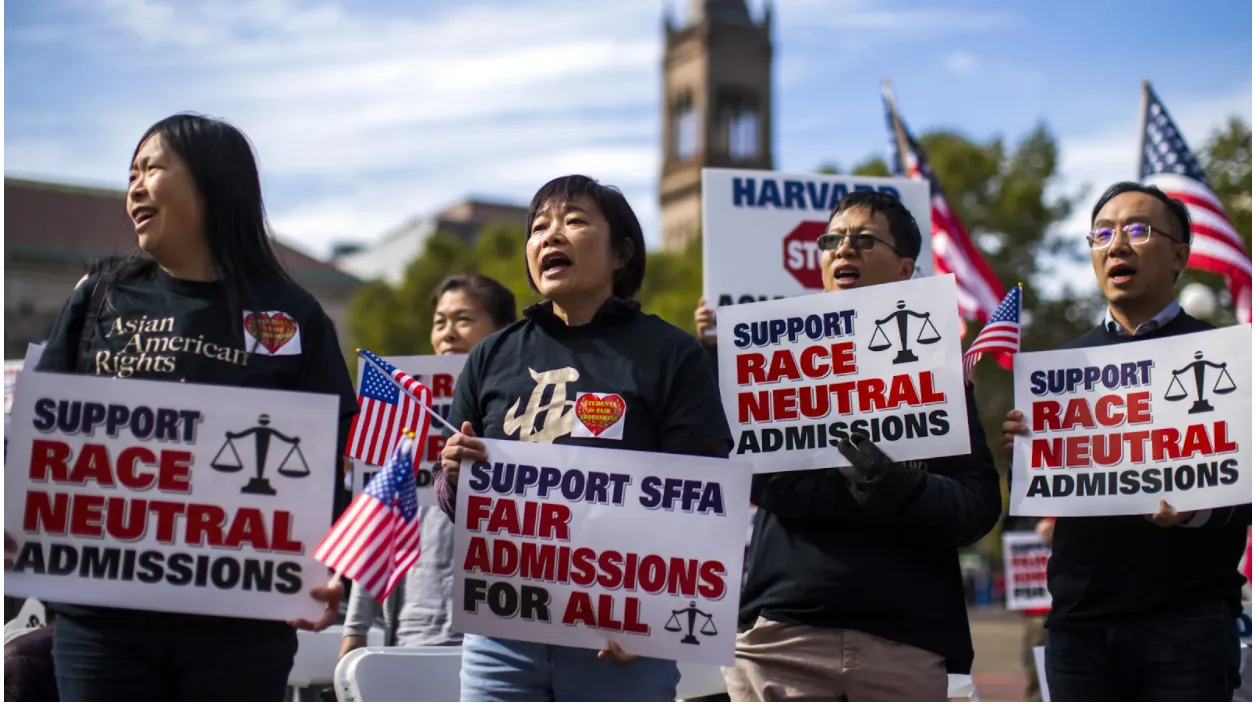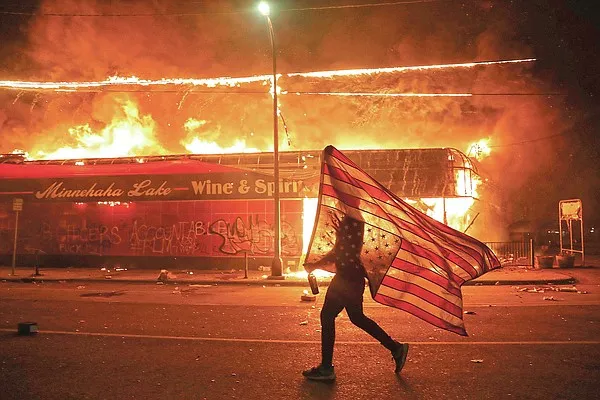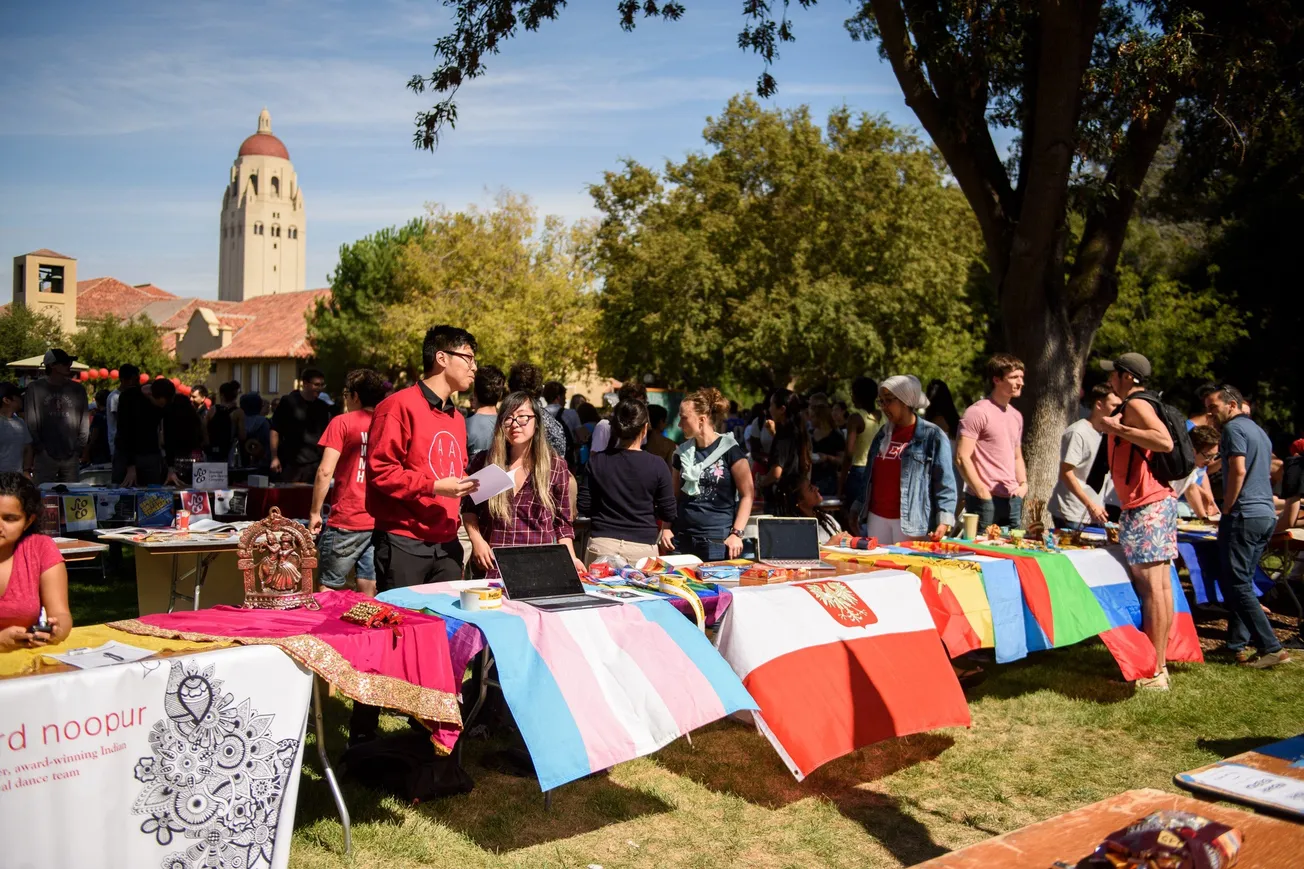Table of Contents
March 21st marked the beginning of Justice Ketanji Brown Jackson’s Supreme Court confirmation hearings. President Biden’s nomination of Justice Jackson follows his campaign promise to appoint a Black woman to the court, part of a larger progressive push for artificially-imposed racial and gender diversity that has spread across America’s most powerful institutions.
America’s higher education system is no exception. In January, the Supreme Court announced that it would hear two cases, one against Harvard University and one against the University of North Carolina at Chapel Hill. Both of these cases were brought by Asian-American advocacy groups that allege that universities discriminate against Asian-American applicants by holding them to a higher standard than other racial groups. This worries progressives who fear that the Supreme Court may end race-based affirmative action in college admissions. However, race-based affirmative action is morally repugnant, perpetuates un-American ideals, and allows universities to preserve a false self-image of social justice at the expense of prospective students.
Affirmative action has always been a tricky issue as it has never been authorized by Congress. It was created and expanded through presidential memoranda and the Supreme Court. A fair reading of American law would lead one to conclude that any discrimination on the basis of race was banned in the 1960s. But the Supreme Court, in cases such as Regents of the University of California v. Bakke (which struck down racial quotas but upheld universities’ right to “consider” race in admissions) and Grutter v. Bollinger (which held that admissions processes that favor “underrepresented minority groups” are constitutional), has created exceptions to bans on racial discrimination by allowing colleges to practice affirmative action.
In the wake of university acceptance rates plummeting by over 70% since the turn of the century, non-beneficiaries of race-based affirmative action policies are frustrated by the higher admissions standard applied to certain races. Further, as a college’s rank has become more important than ever for one’s future career and thus earnings, affirmative action has concrete economic costs to the applicants whom it disadvantages.
Affirmative action was, for a time, necessary. During the Civil Rights Era, states desegregated at different rates; southern states maintained legal barriers for Black students longer than in the north. But today, race-based affirmative action serves no other purpose than to maximize a problematic type of “diversity.” In a university there is one type of diversity that is absolutely necessary for a flourishing academic environment: a diversity of ideas. The purpose of a university is to develop students intellectually; this requires varied student perspectives. However, today’s race-based affirmative action policies link diversity of ideas with diversity of race, implying that one’s ideas must be tied into their race. By advancing the belief that race is a determinant of human traits, affirmative action leans into the very same racist tendencies that it claims to correct.
Data show that affirmative action has had significant consequences for certain immigrant groups in the United States. The proportion of Asian-American students at elite universities has remained constant over the past two decades, while the number of applicants has increased dramatically. Thus, affirmative action invalidates the efforts of many students that should have been enough to gain admission to selective schools. For most immigrants, the allure of the United States is that it is a “land of opportunity” where individual effort determines success.
Affirmative action is antithetical to the American spirit. It is simply unfair that some applicants have to show a greater level of achievement than others to gain admission. Colleges claim that race-based affirmative action is needed to correct historical injustices that put all Blacks and Native Americans of today at a supposed disadvantage, but they conveniently ignore the treatment of Chinese immigrants that built American railroads, Japanese internment during World War II, or the anti-semitism that Jews have faced for centuries. Immigrant groups worked hard and overcame many challenges to succeed in America, but affirmative action policies undermine their sacrifices.
College admissions should fundamentally be a meritocratic process. Applicants have different levels of access to educational resources, so a certain degree of holistic evaluation is valid (i.e. on the basis of economic standing). However, to find the best possible candidates for admission, universities should not make assumptions about students based on their race. When the American higher education system uses race to unfairly select against high-achieving applicants, the nation’s best institutions lose their integrity. The Supreme Court should take this historic opportunity to strike down affirmative action and revitalize meritocracy at America’s universities.





